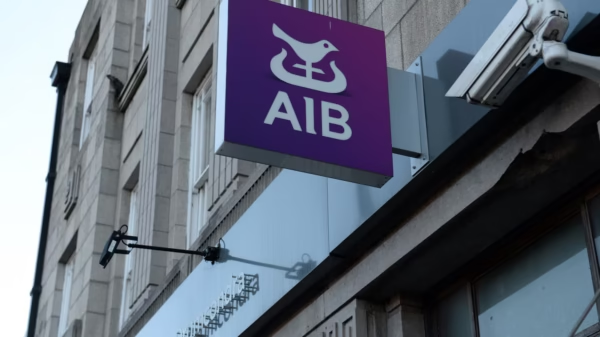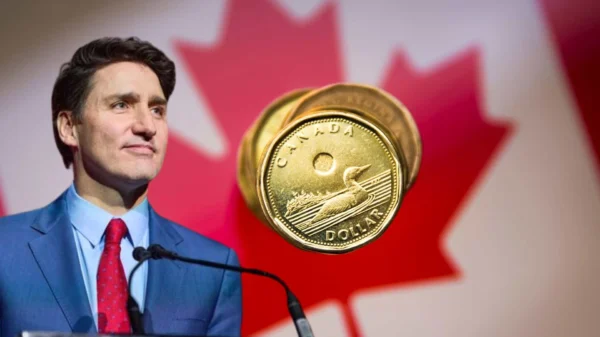UK Business Growth Sees Modest Uptick in January
The UK’s business activity showed a modest improvement in January, with the S&P Composite Purchasing Managers’ Index (PMI) rising to 50.9 from 50.4 in December. This slight increase signals a return to growth, though challenges persist across key sectors of the economy.
PMI Growth Signals Expansion in Private Sector
The increase in PMI reflects a marginal expansion in the UK’s private sector, particularly in services and manufacturing. While the reading above 50 indicates growth, the pace of recovery remains slow, limiting the potential for a strong economic rebound.
Services Sector Leads the Modest Recovery
The services sector played a crucial role in the PMI’s increase, benefiting from improved consumer demand and business investment. However, businesses continue to navigate high operating costs and supply chain disruptions, dampening the pace of expansion.
Manufacturing Activity Remains Weak
Manufacturing activity continued to struggle, with output growth constrained by sluggish global demand. Persistent supply chain bottlenecks and weak export performance have kept the sector’s recovery slower than expected.
Price Pressures Continue to Challenge Businesses
Despite the positive PMI reading, businesses face intensified price pressures. Rising costs of raw materials, energy, and wages have led to increased production costs, creating difficulties for firms attempting to maintain profitability.
Job Losses Weigh on Economic Growth
The UK labor market has experienced increased job losses, particularly in the retail and hospitality sectors. While some companies continue to expand their workforce, broader hiring trends indicate a cautious approach due to economic uncertainties.
Bank of England Faces Policy Dilemma
The Bank of England must balance supporting economic growth with controlling inflation. The latest PMI figures add complexity to monetary policy decisions, as policymakers assess the trade-off between interest rate stability and inflation management.
Consumer Confidence Shows Signs of Weakness
Rising living costs and economic uncertainties have weighed on consumer confidence, leading to cautious spending behavior. Retailers and service providers continue to adjust their strategies to attract customers in a more price-sensitive environment.
Business Investment Remains Subdued
Companies remain hesitant to increase capital investments due to ongoing economic uncertainty. While some sectors have seen an uptick in spending, overall business investment levels remain below pre-pandemic figures.
Inflationary Pressures Impact Profit Margins
Inflationary pressures continue to squeeze profit margins, particularly for small and medium-sized enterprises. Many businesses are struggling to pass rising costs onto consumers without reducing demand for their products and services.
Government Stimulus Measures Offer Limited Support
The UK government has introduced targeted support measures to help businesses manage rising costs, but many firms believe additional fiscal stimulus is needed. Business leaders have called for more tax relief and grants to support long-term growth.
Global Economic Trends Influence UK Market
External economic factors, including the performance of major trading partners, continue to impact UK business growth. Fluctuations in global demand and ongoing geopolitical tensions contribute to market volatility and investment uncertainty.
Outlook for the Coming Months
Analysts remain cautious about the UK’s economic trajectory in the coming months. While the slight improvement in PMI offers hope for gradual recovery, persistent challenges such as inflation, job losses, and sluggish demand could hinder further progress.
Market Analysts Suggest Measured Optimism
Economists suggest a measured approach to economic optimism, emphasizing the need for structural reforms to improve business confidence and long-term sustainability. Enhancing productivity and investment in innovation could help accelerate the recovery.
Conclusion: A Fragile Economic Recovery
The UK’s business growth in January reflects a fragile recovery, with modest improvements in PMI offset by continued challenges. While the economy shows signs of resilience, rising costs, labor market concerns, and inflationary pressures highlight the need for strategic policy measures to ensure sustained progress.



































